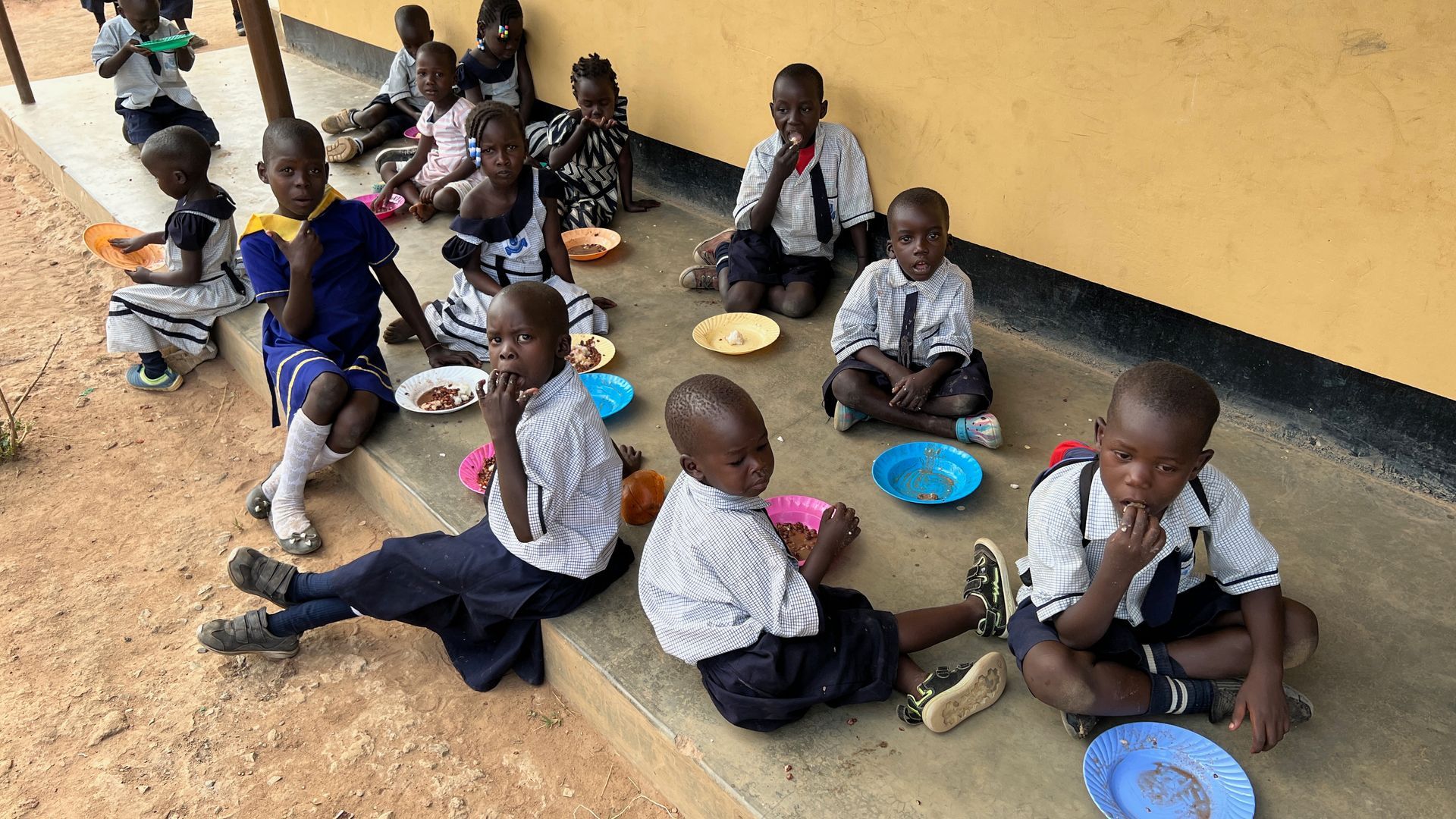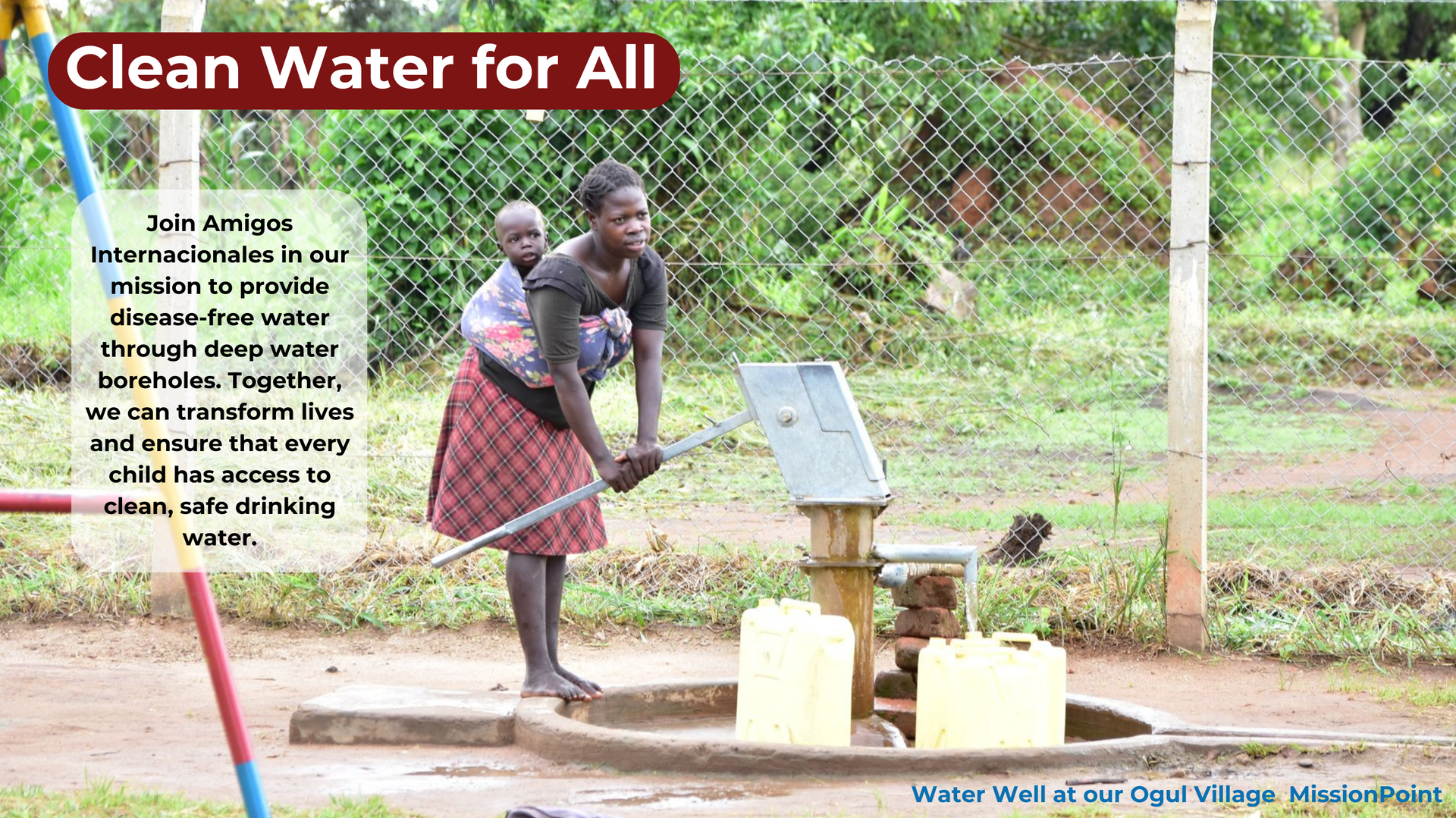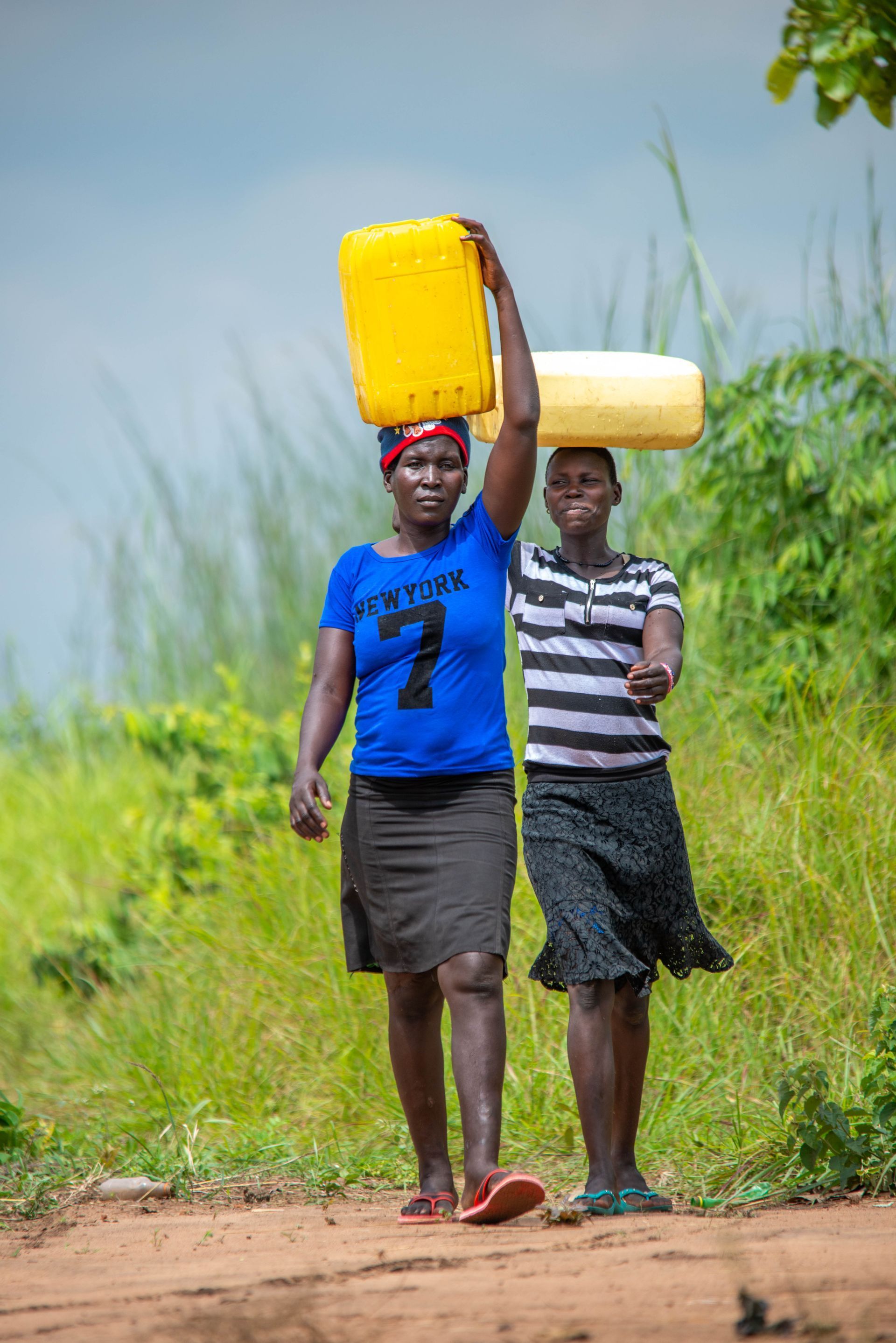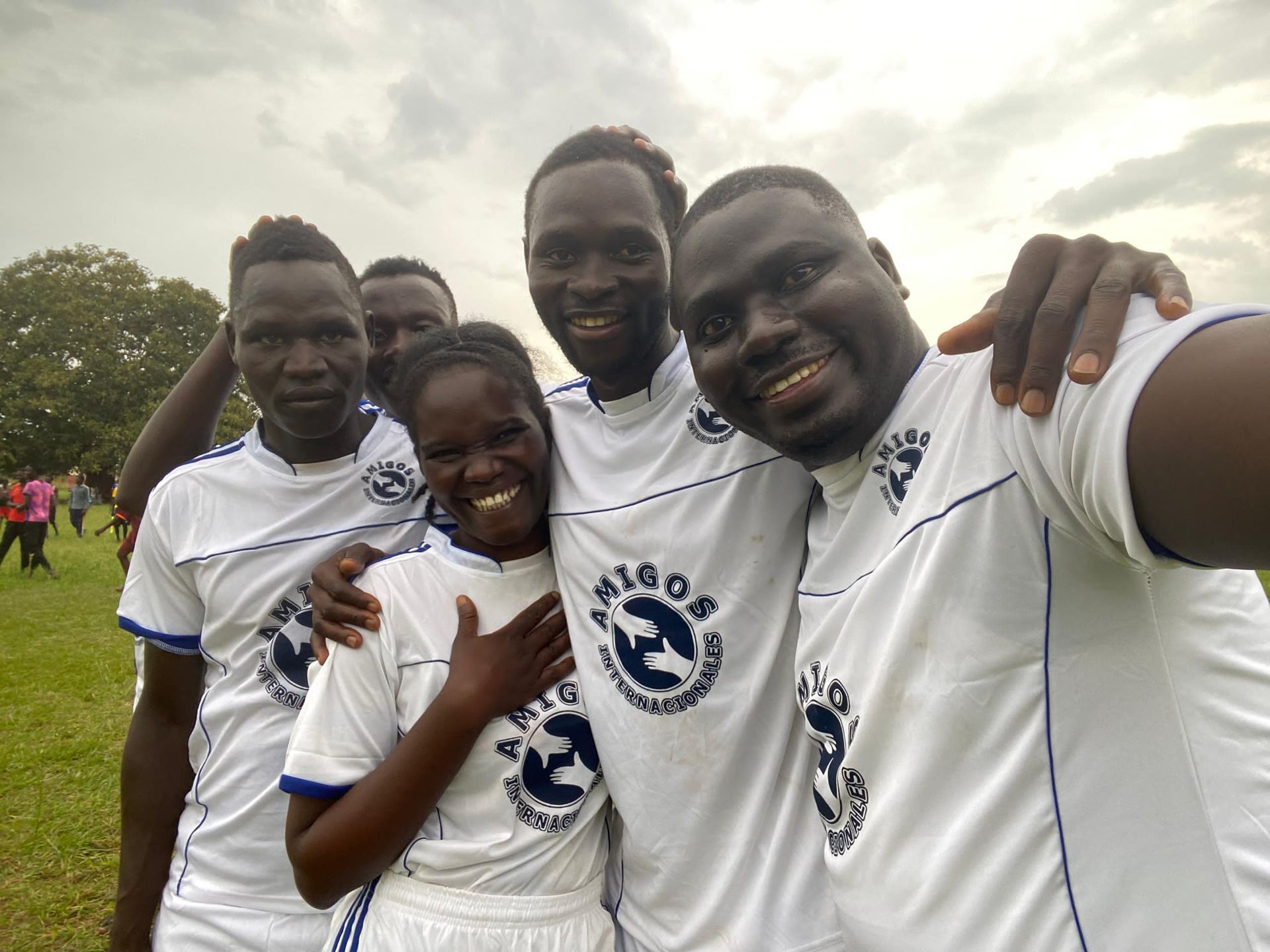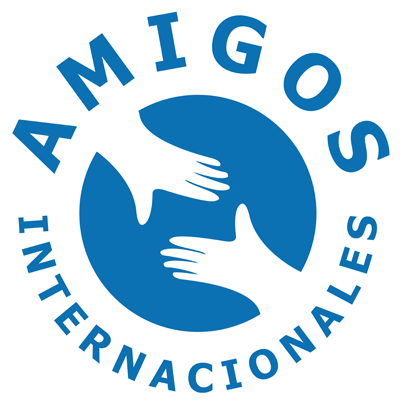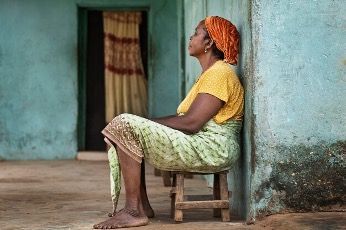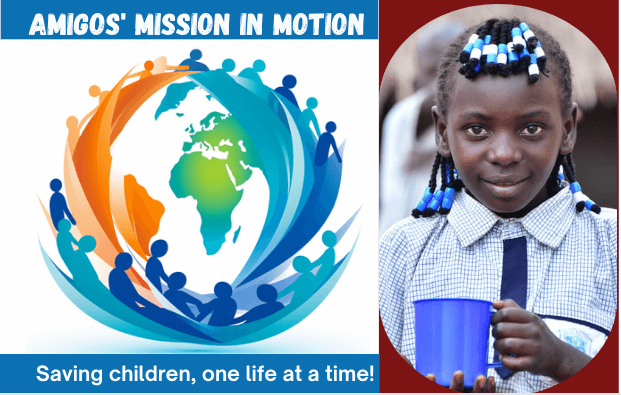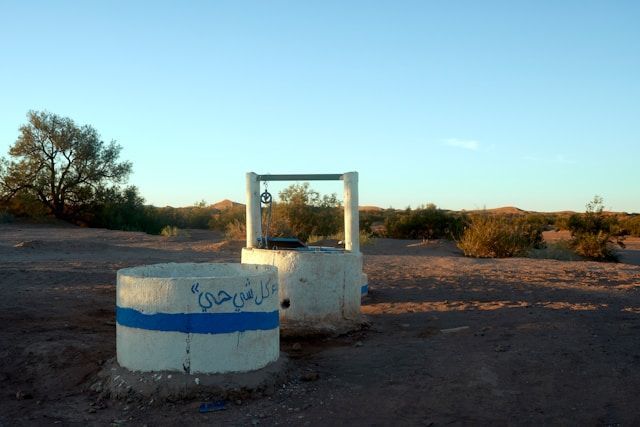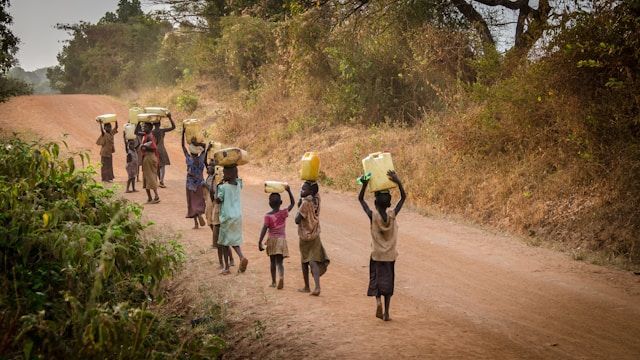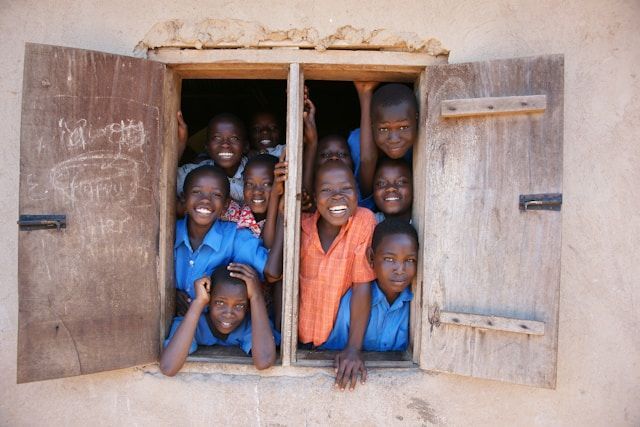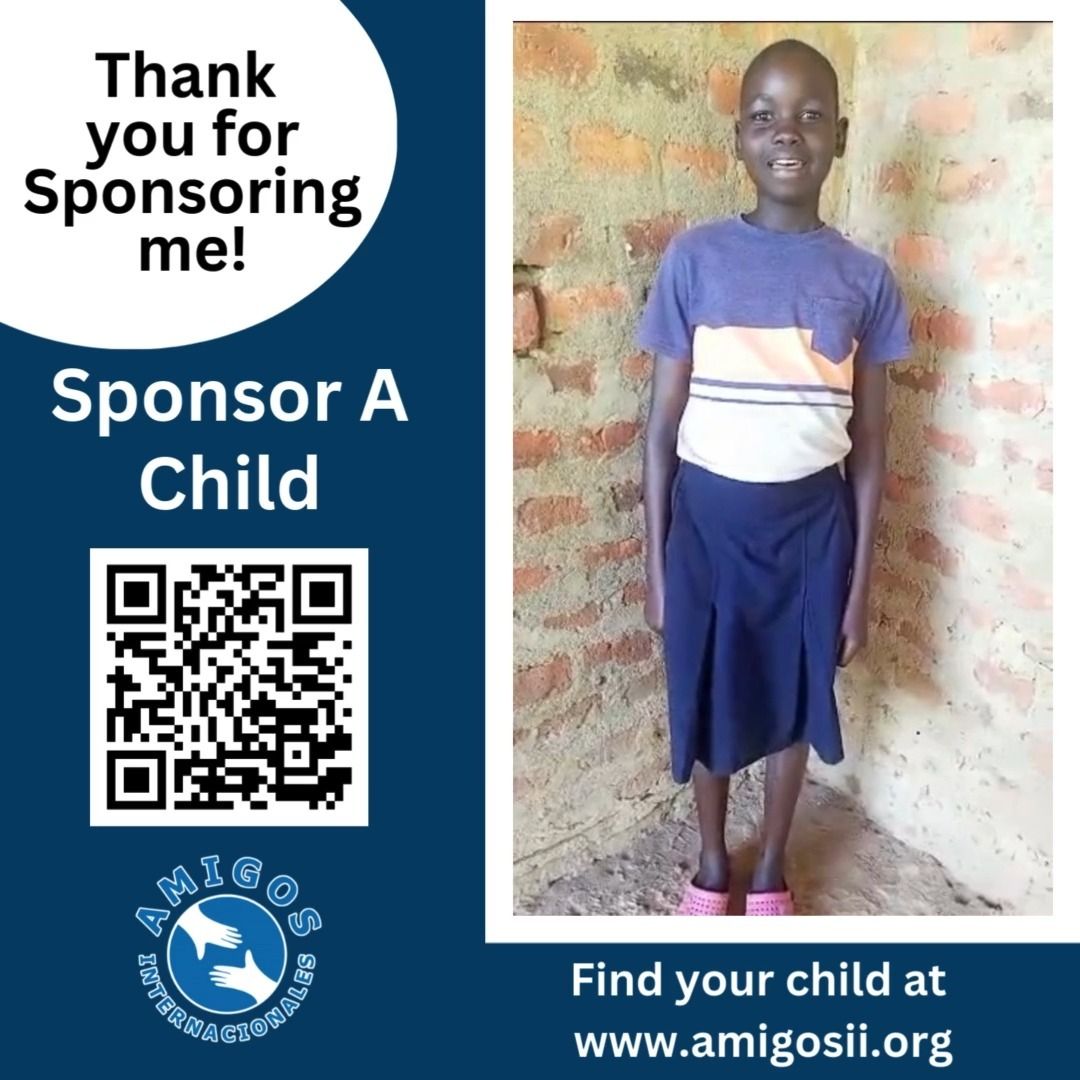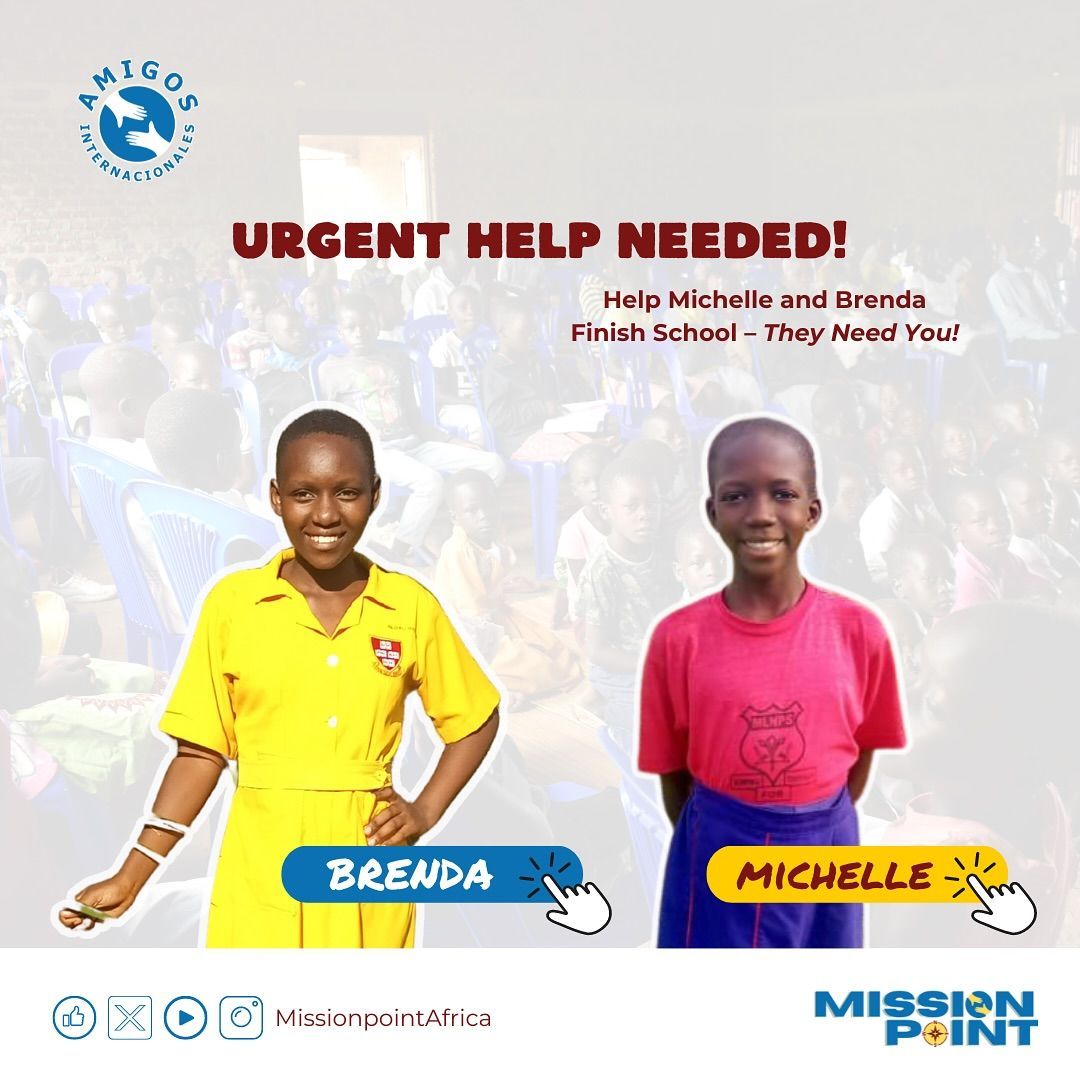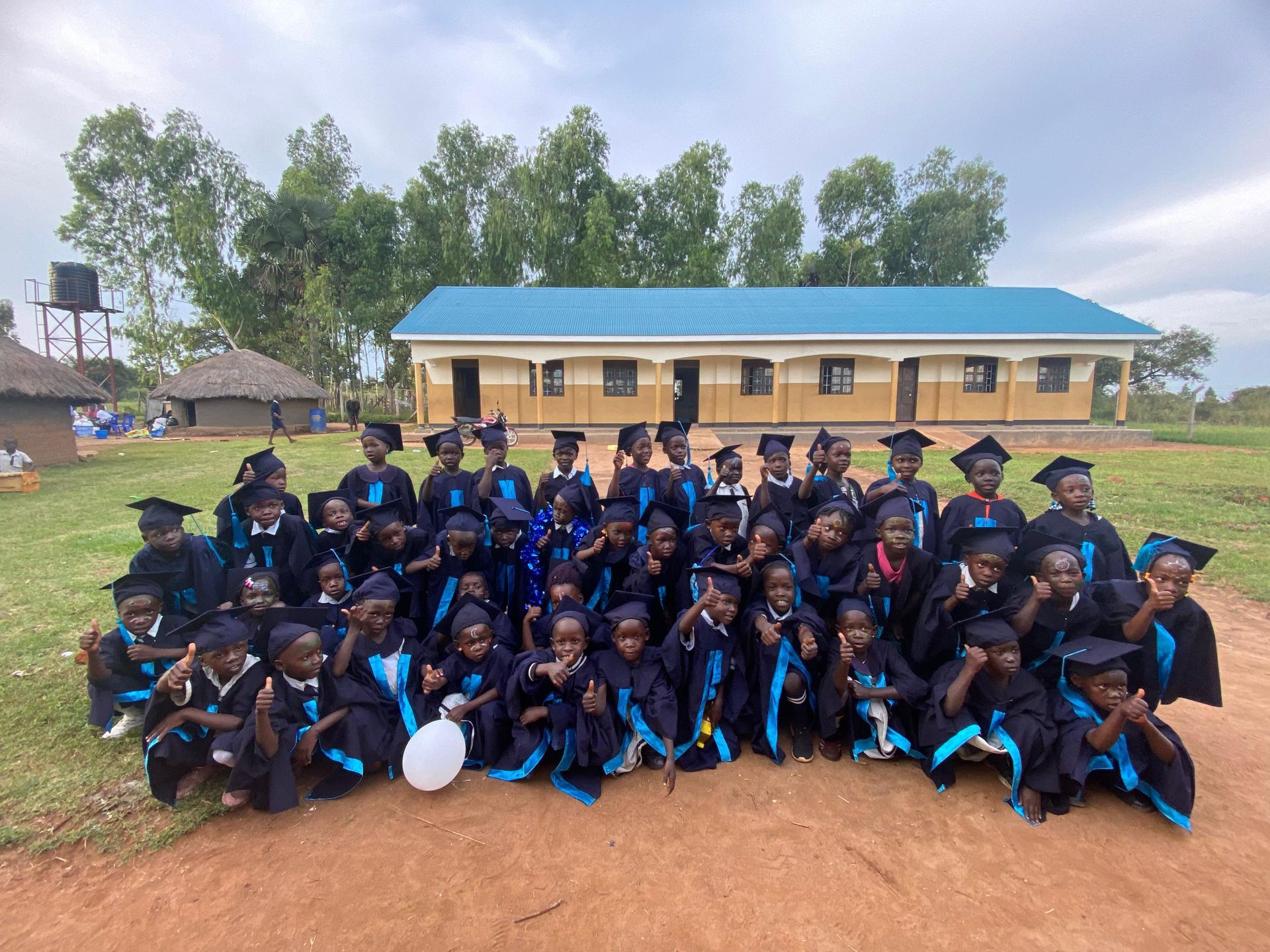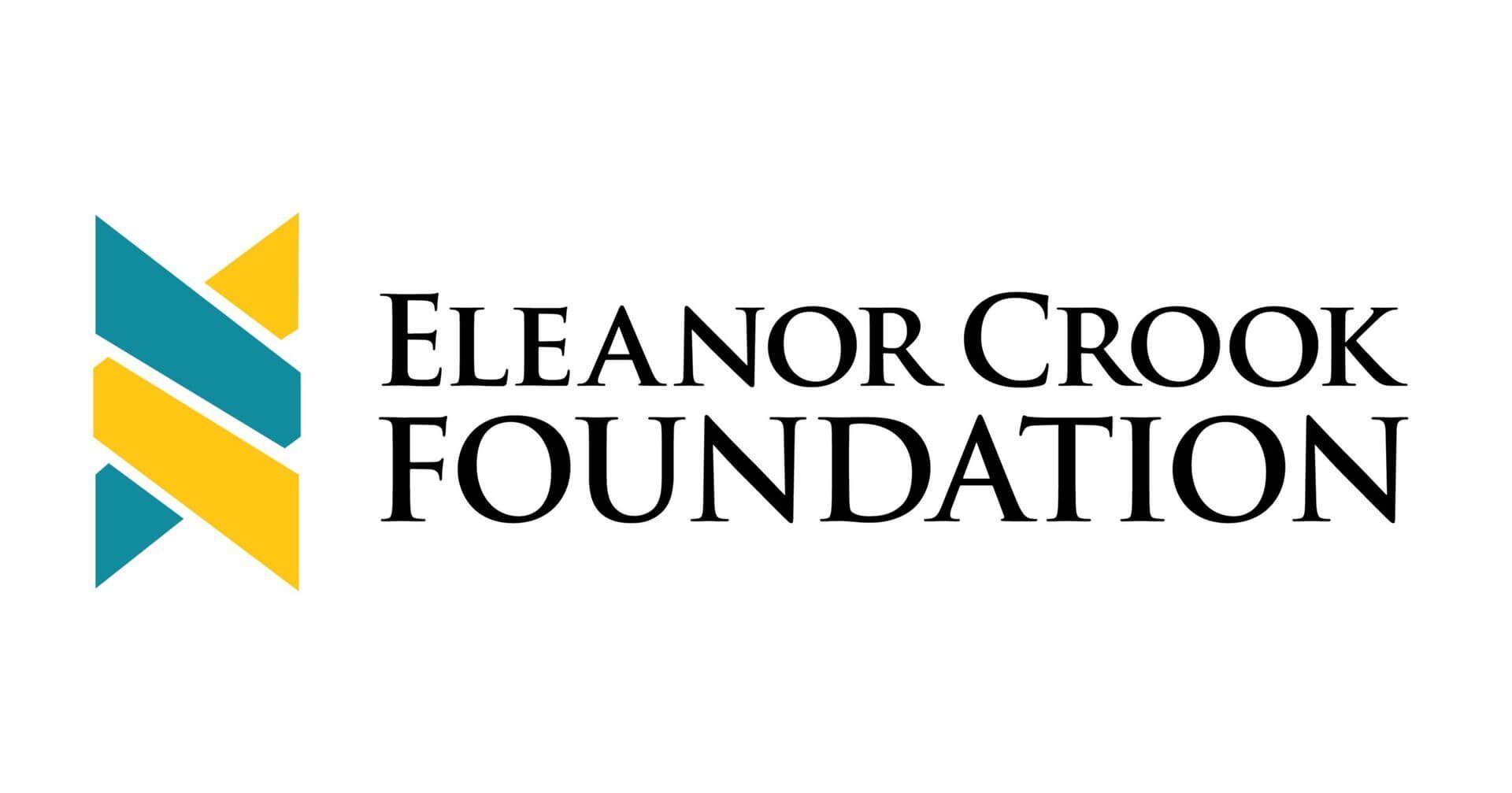In Northern Uganda, a land of vibrant culture and resilient people, tragedy quietly unfolds every day. For mothers like Grace, the loss of a child is not an isolated incident; it’s a devastating reality faced by many in the region. Grace’s story is heartbreaking yet all too common. Her 6-year-old daughter, Anna, passed away due to malaria—a preventable disease—because there was no clinic nearby to provide the treatment she desperately needed.
As we explore Grace’s story and the broader crisis in Northern Uganda, it becomes clear that building local medical clinics is not just an act of charity—it’s a moral imperative.
Grace’s Story: A Journey No Mother Should Take
Grace is a dedicated teacher who has always dreamed of giving her children a better life. When Anna developed a fever, Grace knew it could be malaria—a disease that kills one child every minute in sub-Saharan Africa. Without access to immediate medical care, Grace had no choice but to carry her daughter for miles under the scorching sun, hoping to reach the nearest clinic in time.
By the time they arrived, Anna’s condition had worsened, and the clinic was unequipped to handle her case. A simple malaria pill, which costs less than a cup of coffee in many countries, could have saved Anna’s life. But the lack of accessible healthcare infrastructure turned a manageable illness into a death sentence.
Grace’s story is a haunting reminder of the consequences of healthcare inequities. But it’s also a call to action—a call we cannot afford to ignore.
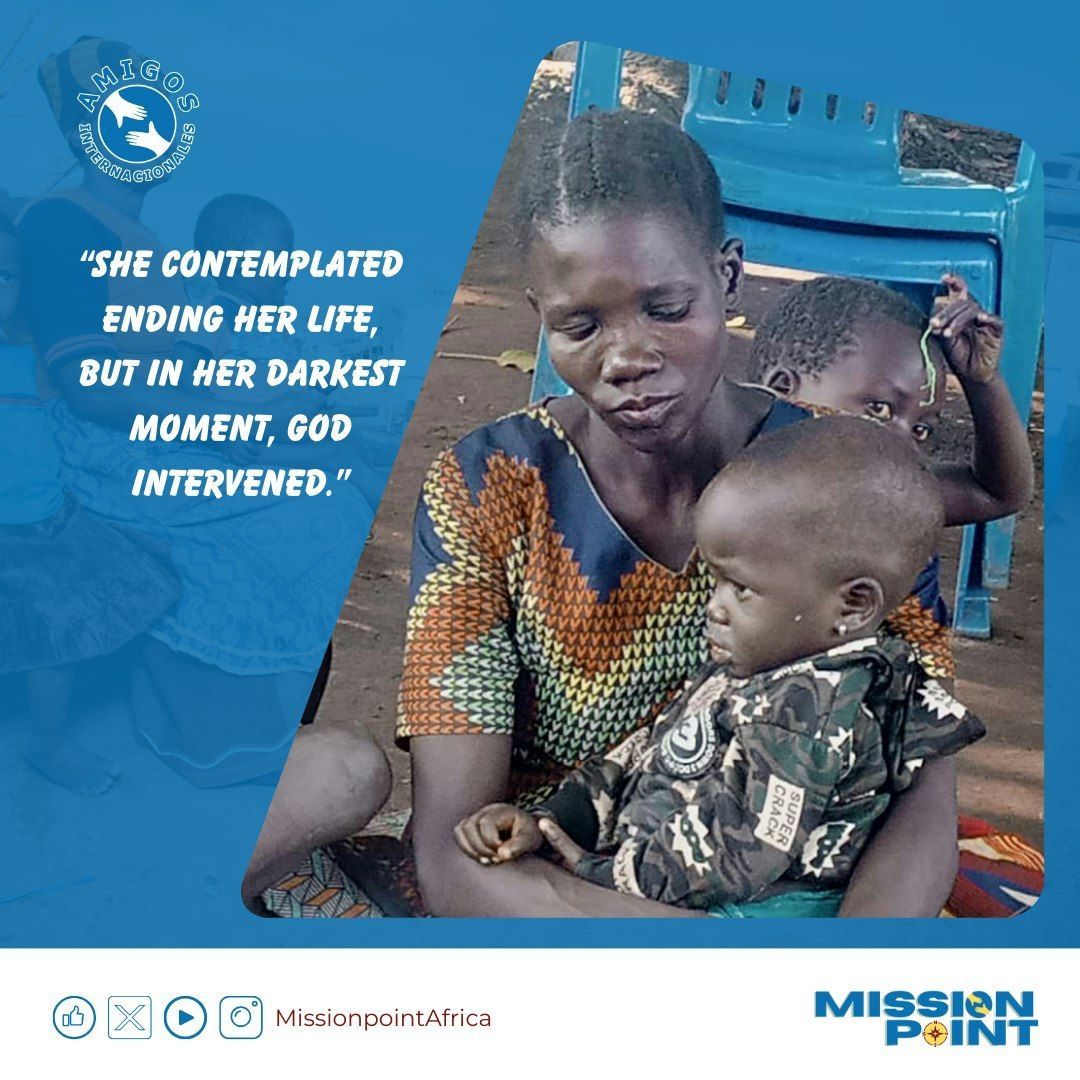
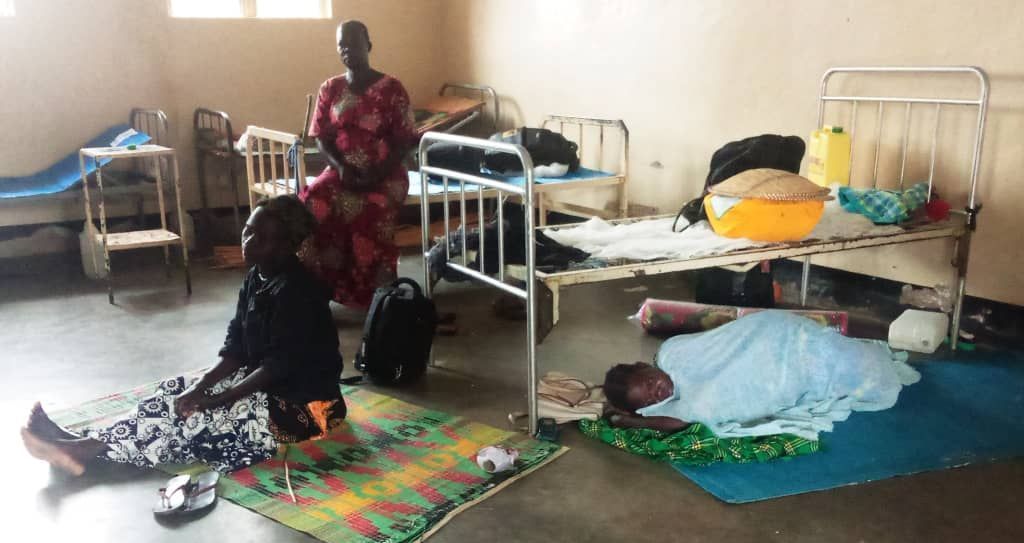
The Grim Reality of Healthcare in Northern Uganda
Northern Uganda, particularly in refugee settlements and rural areas, suffers from a severe lack of medical facilities. According to UNICEF, malaria is one of the leading causes of death among children under five in Uganda, accounting for 14.5% of all under-five deaths. Despite global efforts to combat malaria, the burden remains disproportionately high in regions like Northern Uganda due to limited access to prevention and treatment.
Here are the stark facts:
- Distance to Care: Over 75% of Uganda’s population lives in rural areas, often more than 5 kilometers away from the nearest health facility. For families without transportation, this distance can mean the difference between life and death.
- Understaffed Clinics: Many existing clinics are overwhelmed, with one doctor serving more than 20,000 people on average (WHO).
- Lack of Essential Medicines: Frequent stockouts of essential drugs, including malaria treatment, leave clinics ill-prepared to meet urgent needs.
These challenges disproportionately affect children, pregnant women, and the elderly, creating a cycle of preventable suffering and loss.
Why Local Medical Clinics Are the Answer
Building medical clinics in strategic locations within underserved communities is a proven way to save lives. These clinics serve as lifelines for entire villages, providing:
- Immediate Access to Treatment: Early diagnosis and treatment of diseases like malaria, typhoid, and pneumonia can reduce mortality rates significantly.
- Preventive Care: Vaccinations, prenatal services, and nutritional support can address health issues before they escalate.
- Health Education: Clinics can empower communities with knowledge about hygiene, disease prevention, and family planning.
- Emergency Response: With trained healthcare providers on-site, clinics can handle emergencies that would otherwise result in fatalities.
Success Stories: A Glimpse of Hope
Organizations like Amigos Internacionales are already making strides in addressing these healthcare gaps. In Ogul Village, a newly established MissionPoint includes a water well, school, and a livelihood training center. Plans for a medical clinic are underway, designed to serve hundreds of families who currently have no access to healthcare (amigosii.org).
Doctors on Mission International has also been instrumental in delivering mobile medical services to remote areas, treating thousands of patients in refugee settlements. Their work underscores the transformative power of healthcare access, even in the most challenging conditions (doctorsonmission.org).
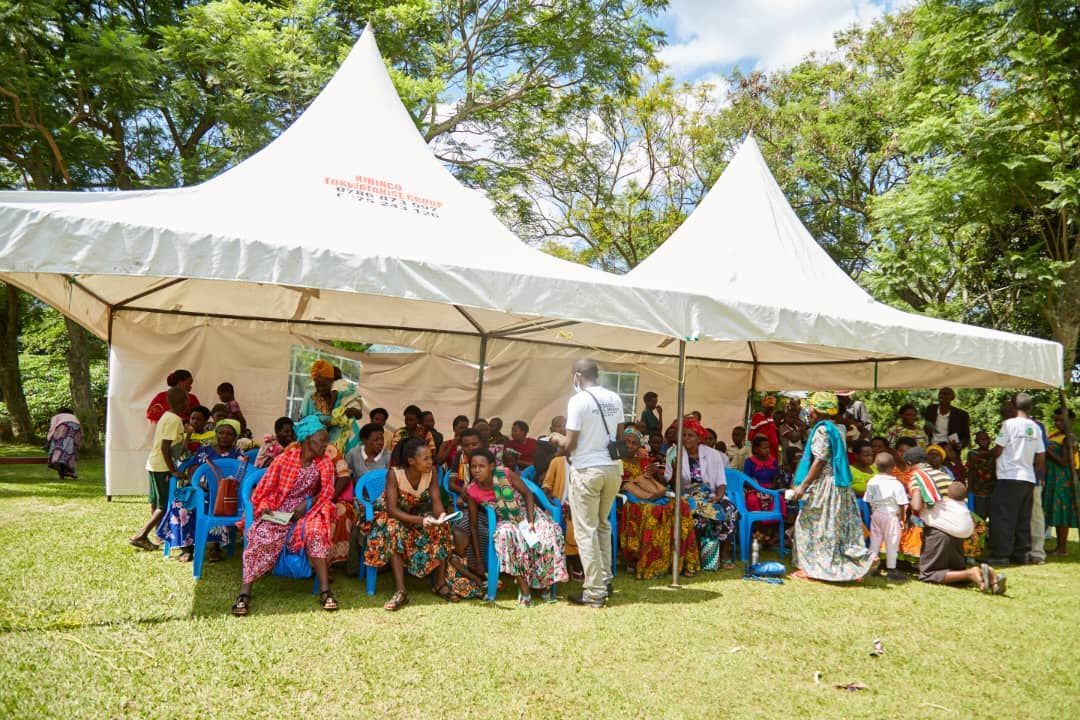
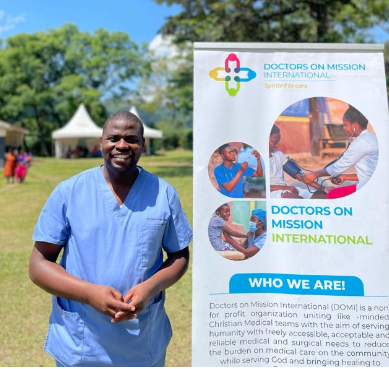
The Ripple Effect of Healthcare Access
The benefits of medical clinics extend beyond saving lives. They strengthen communities by:
- Reducing School Absenteeism: Healthy children can attend school consistently, breaking the cycle of poverty.
- Empowering Women: Access to maternal healthcare enables women to thrive and contribute to their communities.
- Boosting Economic Growth: Healthy populations are more productive, creating a foundation for economic development.
Your Role in Saving Lives
The reality is stark, but the solution is within reach. Together, we can build a network of medical clinics that provide hope and healing to Northern Uganda. Here’s how you can help:
- Donate: Every dollar brings us closer to building clinics equipped to save lives.
- Advocate: Share this story to raise awareness about the urgent need for healthcare in Northern Uganda.
- Volunteer: Join our mission to bring life-saving care to the most vulnerable.
A Vision for the Future
Imagine a Northern Uganda where no mother has to walk miles in desperation, where every child has the chance to grow up healthy, and where communities can thrive with dignity and hope. This vision is possible, but only if we act now.
Grace’s story doesn’t have to be repeated. By investing in medical clinics, we can turn pain into purpose and loss into legacy.
Join us in building a healthier, brighter future for Northern Uganda.
Infographic: The Impact of Local Medical Clinics
Numbers often tell a story more powerful than words. They shine a light on the lives transformed, the burdens lifted, and the futures reclaimed. The infographic above illustrates the life-changing impact local medical clinics can have on communities in Northern Uganda.
Saving Children from Malaria: 80% Reduction in Fatalities
Imagine a world where 80% of children who once succumbed to malaria now survive. That’s the reality we can create with accessible healthcare. Malaria, a disease that claims the life of a child every minute in sub-Saharan Africa, is entirely preventable and treatable. With medical clinics in place, children like Anna would have immediate access to life-saving treatment—no desperate miles walked, no anguished goodbyes.
Bringing Healthcare Within Reach: 10km Reduction in Travel Distance
For families in rural Uganda, reaching a clinic often means walking over 10 kilometers in the blistering sun. This journey is not just arduous—it’s a barrier that costs lives. By strategically placing medical clinics closer to communities, we reduce this distance by 10 kilometers on average, turning an impossible journey into a manageable walk. This means mothers can seek care for their children before it’s too late, and emergencies can be addressed promptly.
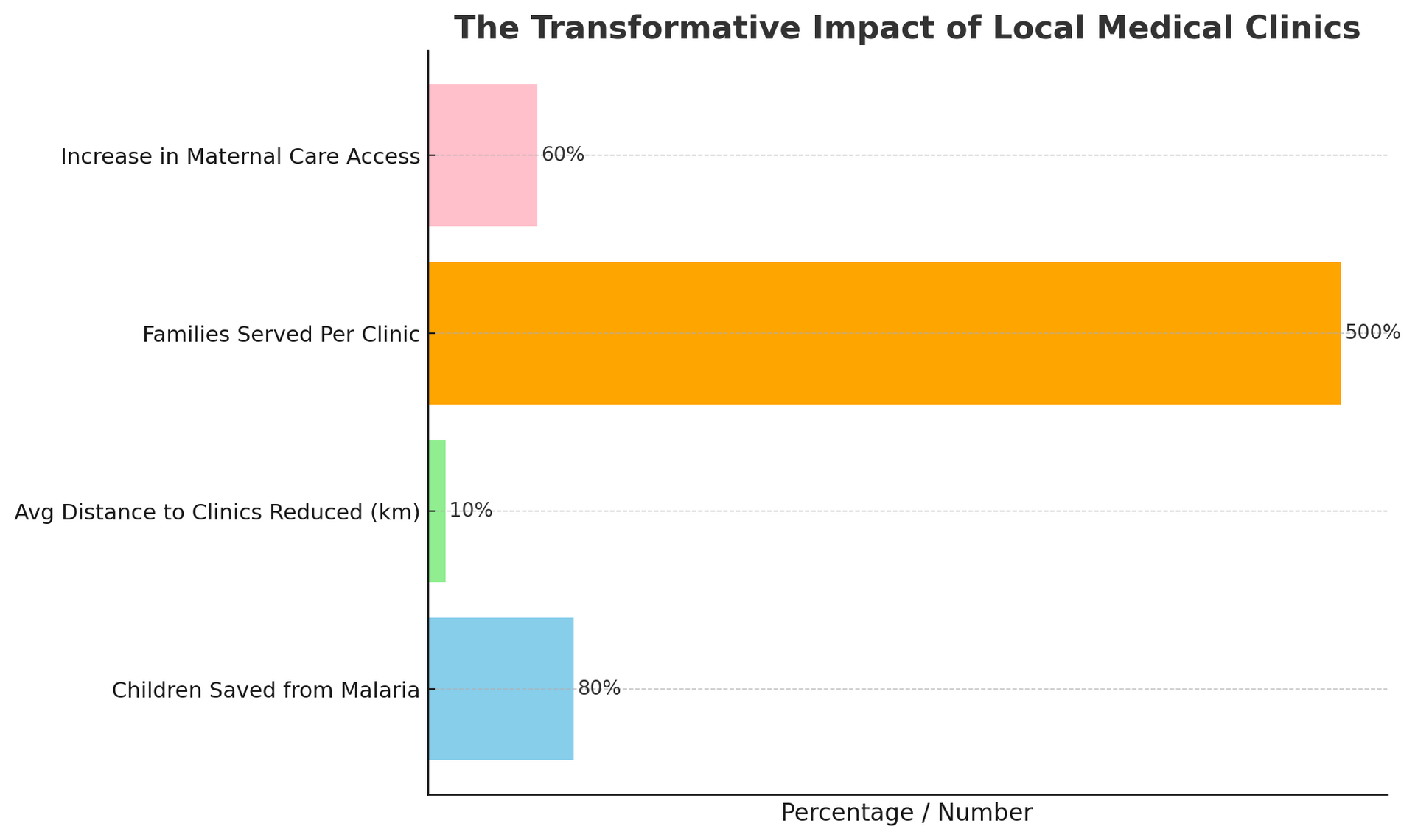
Serving Entire Communities: 500 Families Per Clinic
Each clinic is a lifeline for over 500 families. These are not just numbers—they’re mothers, fathers, and children who now have access to vaccinations, prenatal care, treatment for illnesses, and health education. A single clinic becomes a hub of hope, bringing vitality to an entire village. The ripple effect extends beyond health, empowering families to work, children to study, and communities to thrive.
Empowering Women: 60% Increase in Maternal Care Access
In Northern Uganda, the lack of maternal care often turns childbirth into a life-threatening experience. With local clinics, maternal care access increases by 60%, ensuring that women receive prenatal checkups, safe delivery services, and postnatal care. This not only saves mothers' lives but also gives babies a healthy start, reducing infant mortality and fostering strong, resilient families.
A Vision of Hope in Every Statistic
Behind these numbers are countless stories of lives changed forever. These figures represent mothers no longer losing children, fathers returning to work instead of mourning, and children running, laughing, and dreaming instead of succumbing to preventable diseases. They symbolize a community rising from the ashes of despair into a future brimming with possibility.
Your Role in Writing the Next Chapter
These numbers reflect what’s possible—but only with your help. Together, we can turn these projections into reality. By supporting the construction of medical clinics, you’re not just funding buildings; you’re saving lives, restoring dignity, and giving hope to communities in desperate need.
Let’s make these numbers a reality. Because every statistic represents a life—a child like Anna, a mother like Grace, and a future worth fighting for.
Be the difference. Act now.
Categories
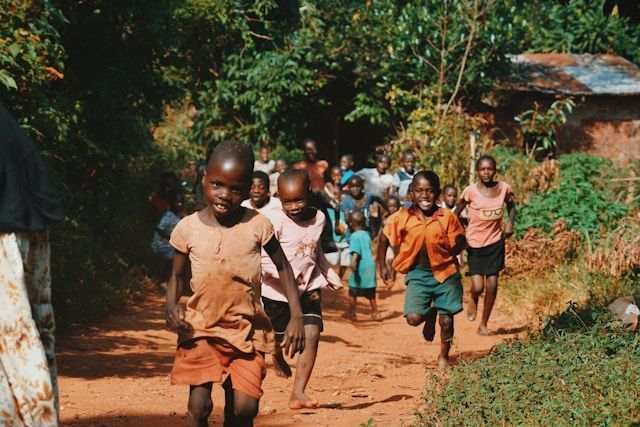
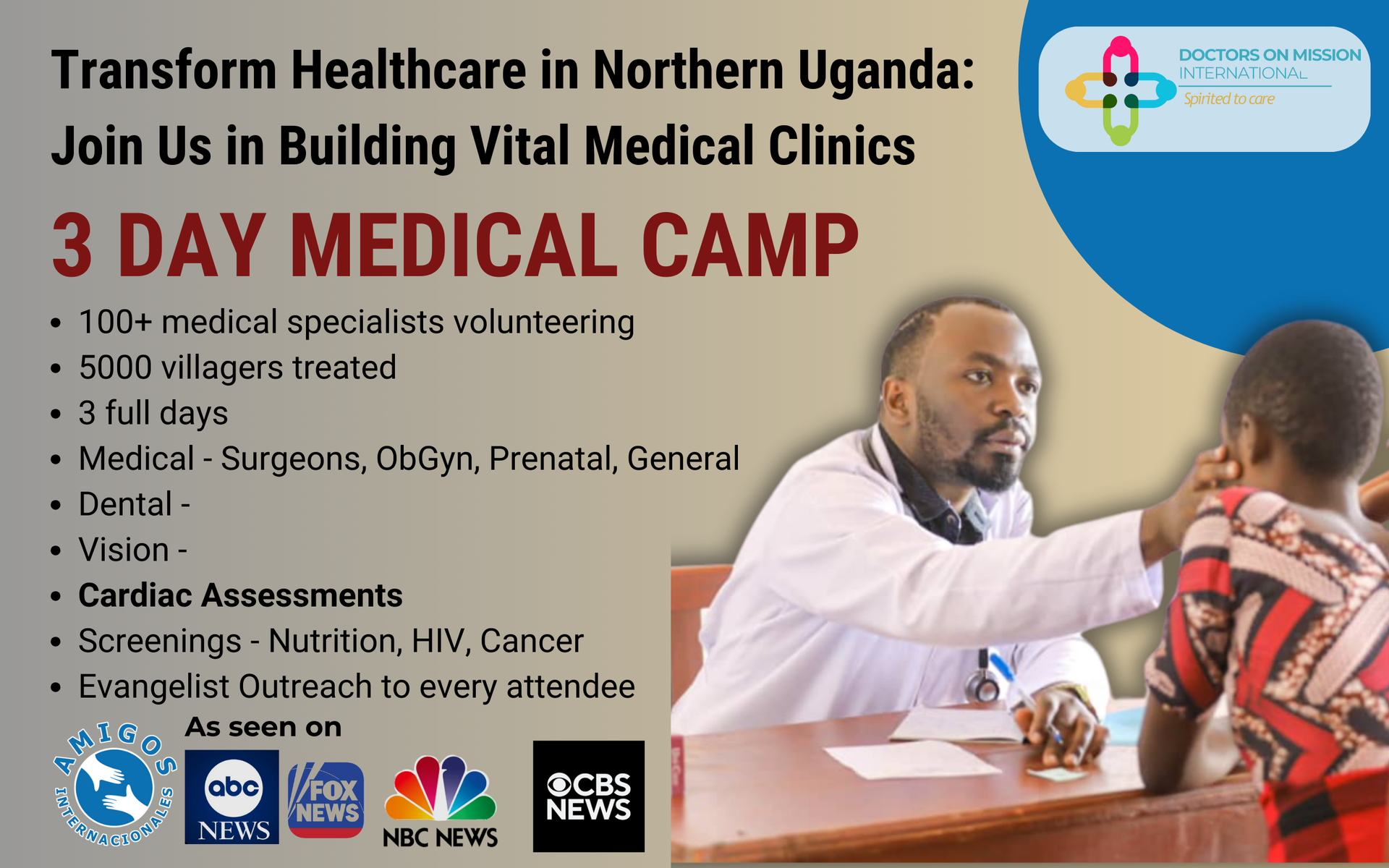
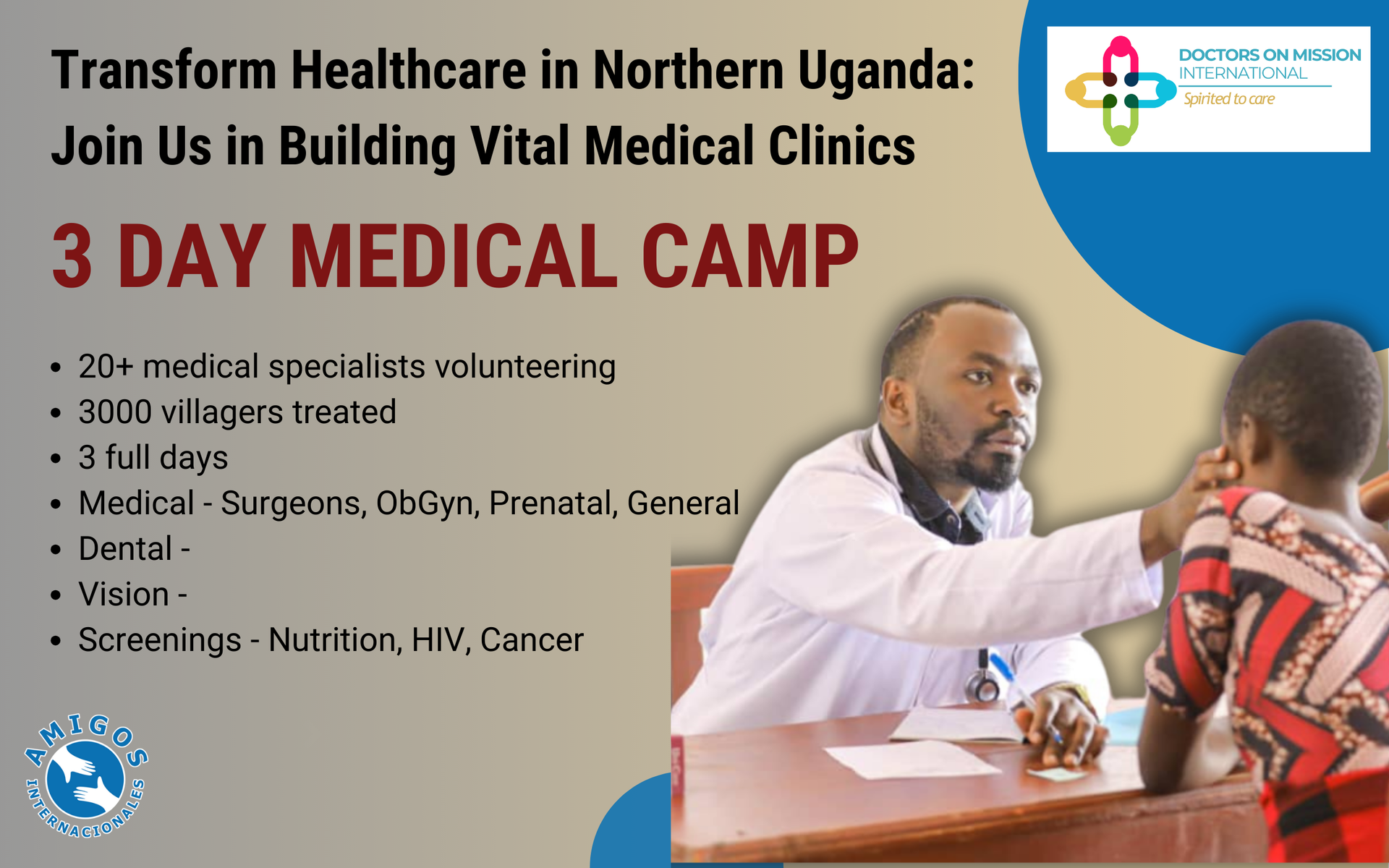
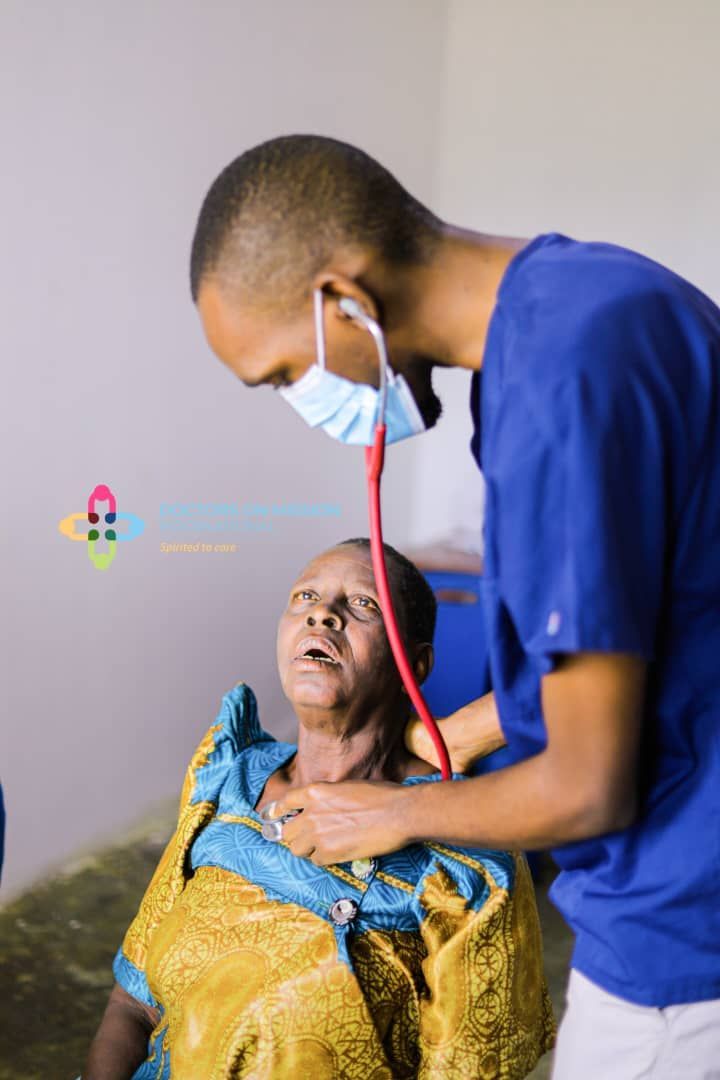
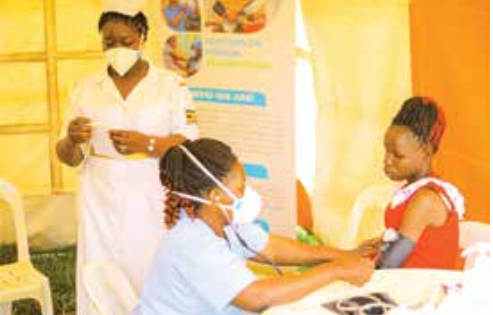
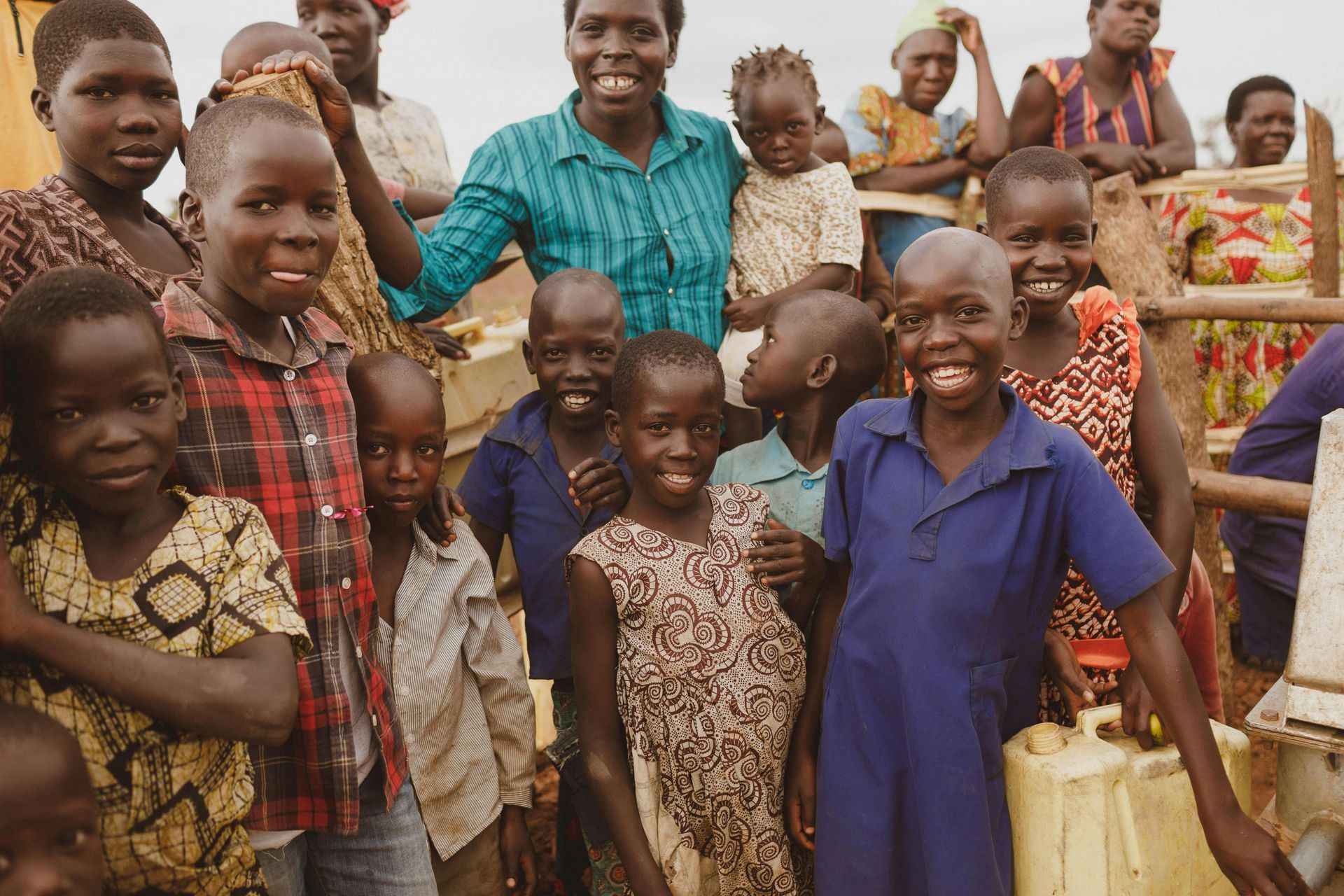
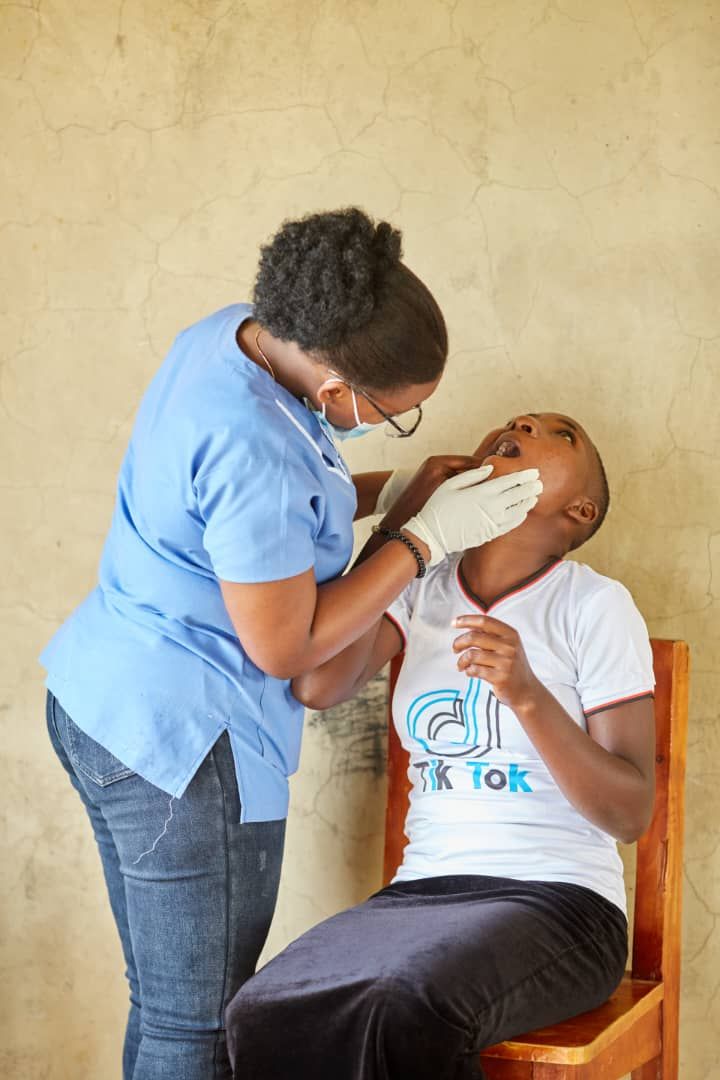
Social Media








